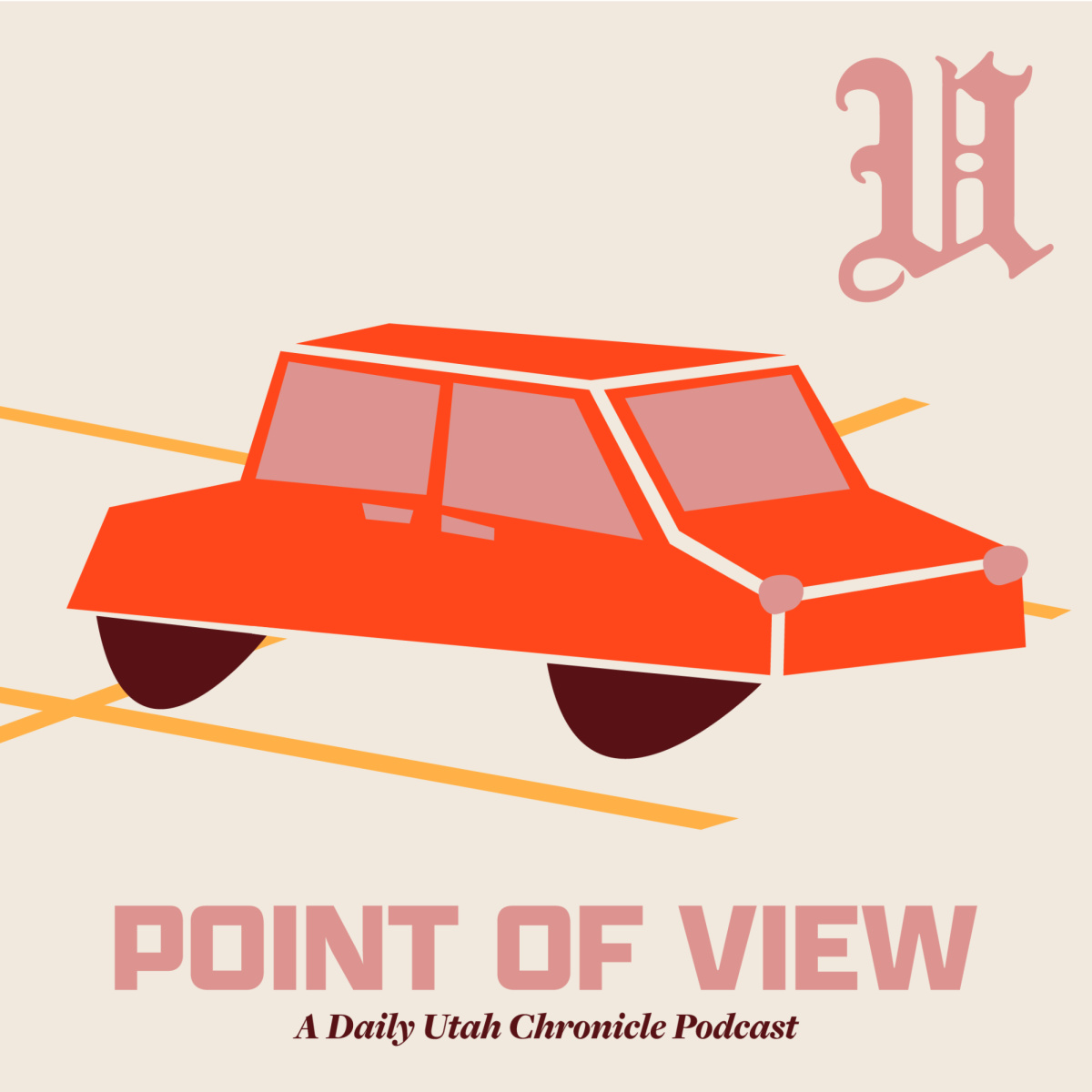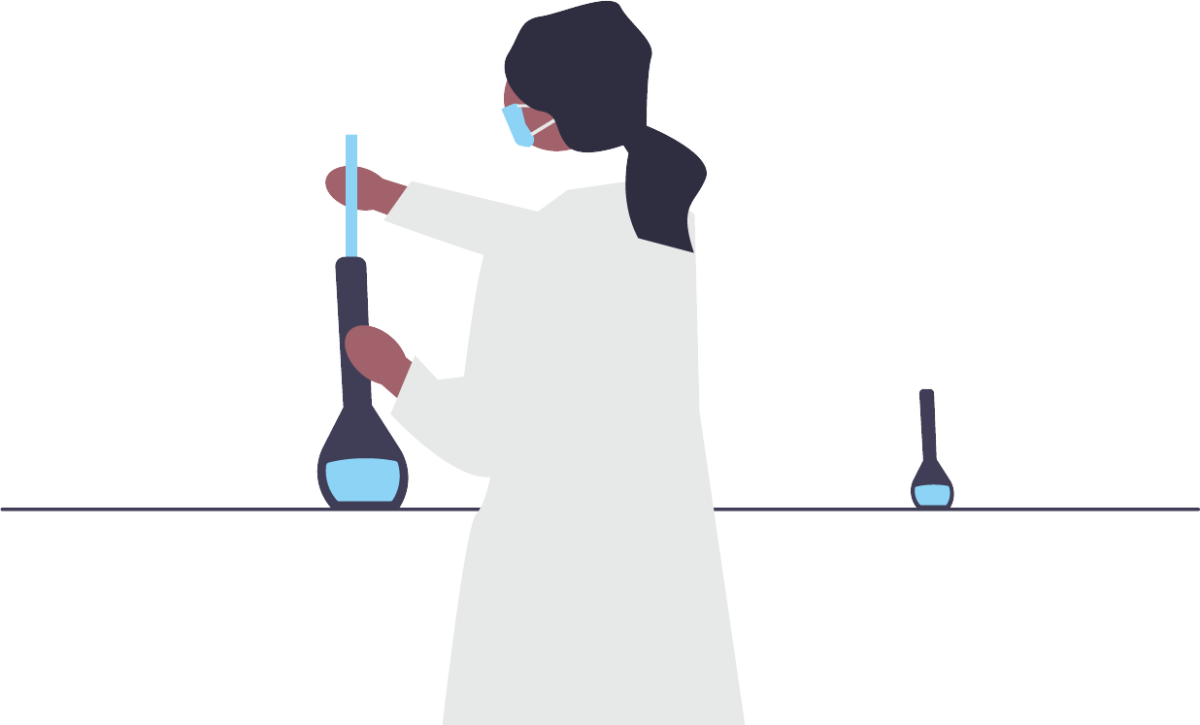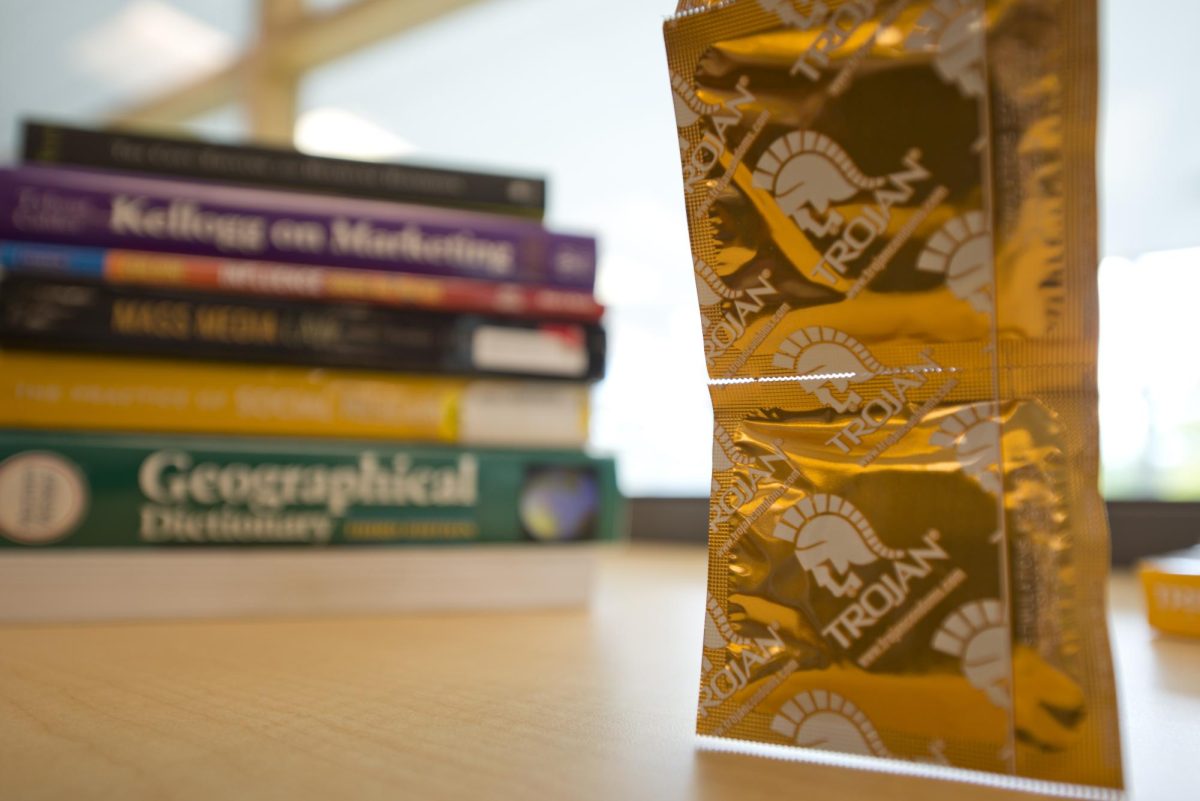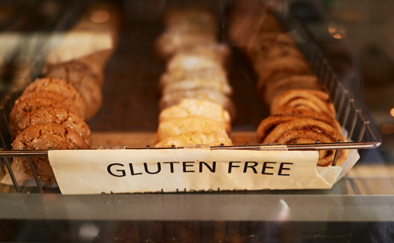Let’s get one thing straight. A gluten-free version of anything doesn’t mean it’s some healthier variant of the normal thing. Gluten-free brownies are just as unhealthy as regular brownies. Gluten-free bread isn’t going to help you lose weight. What can gluten-free do, then? It certainly can help make your favorite soup a lot less yummy and your bread taste more like cardboard.
Gluten is a protein that contributes to creating the texture and taste of our food. It’s found in wheat, rye, barley and any products made from these substances. These are foods that have been staples in our diet for the last couple of thousand years, and despite what gluten-free dietitians will tell you, our diets have, for the most part, changed from our hunter-gatherer ancestors. Only about one percent of the nation really needs to worry about a gluten-free diet, because for them, gluten is toxic.
For people with celiac disease, the body’s immune system registers that it’s being attacked when gluten is ingested. This leads to inflamed lower intestines, causing serious stomach pain and bloating. Untreated celiac disease can lead to stunted growth and skin rashes. Some individuals suffer from extreme reactions like gluten ataxia, which causes loss of motor functions.
The increased development of gluten-free foods does seem like a benefit for these people and has indeed helped develop tastier alternatives to their slightly stricter diet. However, the trend has gotten a bit out of control, to the point where it can be dangerous for sufferers of celiac disease. For them, it’s not simply a matter of ordering “gluten-free.” The food has to be meticulously separated from any contamination. The truth is that even a few bread crumbs can cause stomach pain. Domino’s offers gluten-free crust with their pizza but also warns that this isn’t really a good option for celiac disease sufferers as it’s not prepared in a gluten-free environment.
A quick glance at Google search trends does reveal that there has been a gradual increase in “gluten-free diet” searches that started sometime in 2009 and has been on the rise ever since. Google trends also reveals that interest in terms like “celiac disease,” gluten ataxia” and “gluten intolerance” has been pretty stable since 2010. The term “gluten sensitivity” has shown a rise in interest similar to “gluten-free diet.” The truth is that we really don’t care so much about people with celiac disease — what’s more important to us is the idea that we’re somehow healthier on account of eliminating some nefarious factor in our diet. That’s why non-grain products like yogurt are advertised as gluten-free, as if they ever had gluten to begin with. With little raised awareness of celiac disease and no real increase in diagnoses there’s little to justify the trend sticking around much longer.






















